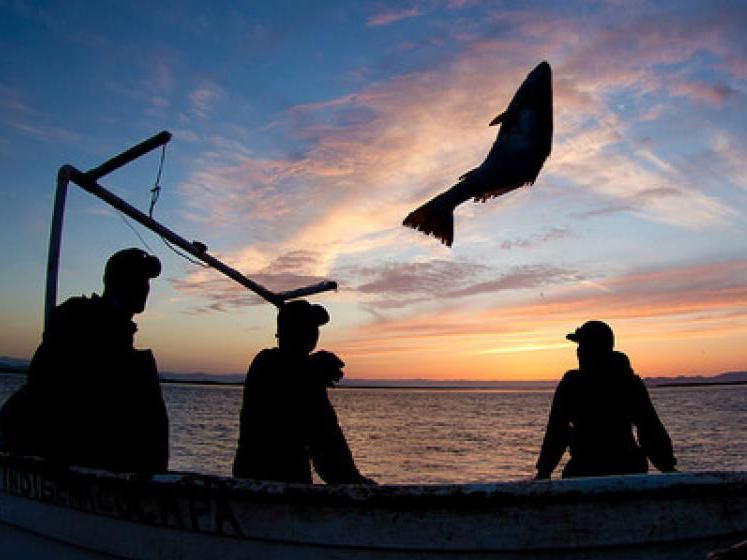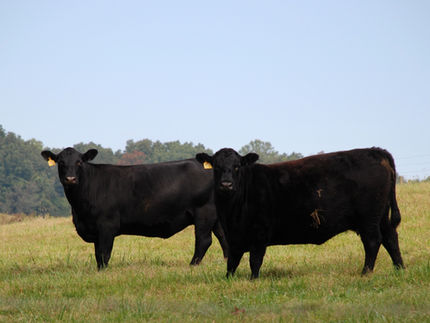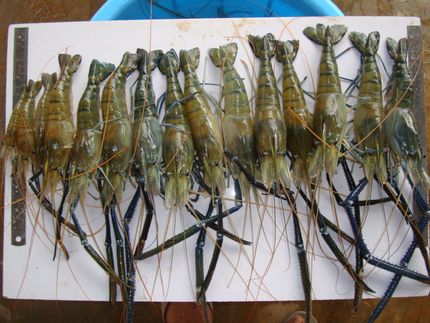Should the fishing industry insure itself against risk?
Oregon State University’s James Watson, an assistant professor who specializes in marine resource management, published a study this week in which he and others outlined the need for aquaculture producers in developing countries to use financial risk management tools to protect their investment.

Study leads to a question: Should the fishing industry insure itself against risk?
Oregan State University
He wants to use that study as a springboard for working with the fishing industry overall – beginning on the West Coast of the United States – on incorporating some form of insurance to reduce the risk fishermen take on every season, and every day.
“Traditional crop and livestock farmers have a long history of protecting themselves against the down times and that is something we think that aquaculture producers and commercial fishermen should look into,” Watson said. “Fishermen face a massive amount of risk because of delays to the start of fishing seasons, bad weather, poor harvests, safety and equipment issues, spoilage, and price issues.”
“Reducing some of their risk and creating more resilience could lead to a dual win – both economically and ecologically. Risk reduction often leads to a path of increased sustainability.”
In their paper, Watson and his colleagues from the KTH Royal Institute of Technology in Sweden, Stanford University, and Michigan State University focus on aquaculture in developing countries. The industry is comparatively less mature than terrestrial agriculture, they say, and is highly sensitive to environmental changes.
Though aquaculture is booming as a whole, growth in some countries is slow and there is a substantial amount of turnover in producers, as many leave the industry after initial failures.
“In developing countries, some NGOs (non-governmental organizations), agencies and farmer unions are beginning to discuss ways to protect the producers,” Watson said. “But there is one big problem – many of them don’t see the logic in paying for something today when they may not get anything in return for years. It isn’t a concept that is familiar to them.”
Watson thinks it could work with the fishing industry in the United States, where fishermen not only understand the long-term financial nature of the business, but they have a strong sense of community.
“There are great opportunities to create new forms of insurance, working with fishing communities,” Watson said. “For example, insurance cooperatives could be formed. This is where fishing communities themselves would own their insurance.”
“How would it look?” Watson mused. “I have no idea. A lot of the impetus and details would need to come from the fishermen themselves, but in general there is a suite of new financial risk management tools that have been developed that may be helpful.”
One drawback in starting such cooperatives is that they tend to have smaller numbers of participants and thus premiums are more expensive and less attractive. One way around that would be to broaden the pool and include California and Washington crabbers, for example, in a cooperative aimed at the Oregon crabbing industry.
“One important thing to remember is that any risk management tool won’t provide full coverage,” Watson emphasized. “Right now, you may not know if you’re going to make $5,000 in a month or zero, depending on the harvest, closures, engine failures, etc. With insurance, you may not make the full $5,000, but you might get enough to see you through the crisis until conditions change for the better.”
Most read news
Organizations
Other news from the department business & finance

Get the food & beverage industry in your inbox
By submitting this form you agree that LUMITOS AG will send you the newsletter(s) selected above by email. Your data will not be passed on to third parties. Your data will be stored and processed in accordance with our data protection regulations. LUMITOS may contact you by email for the purpose of advertising or market and opinion surveys. You can revoke your consent at any time without giving reasons to LUMITOS AG, Ernst-Augustin-Str. 2, 12489 Berlin, Germany or by e-mail at revoke@lumitos.com with effect for the future. In addition, each email contains a link to unsubscribe from the corresponding newsletter.




























































